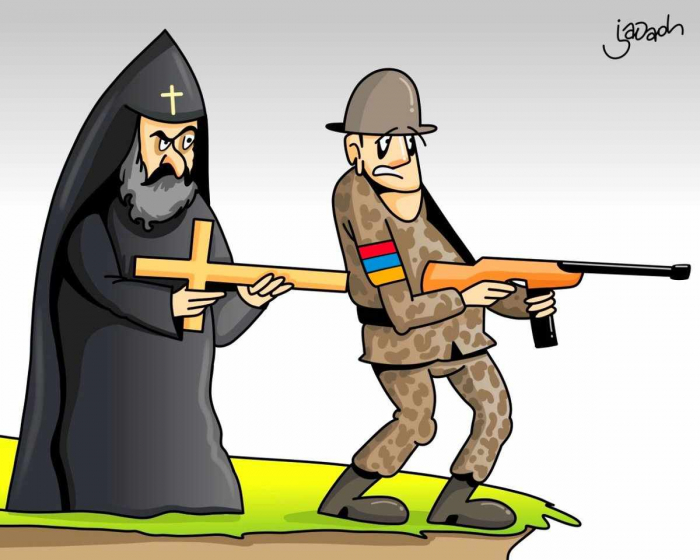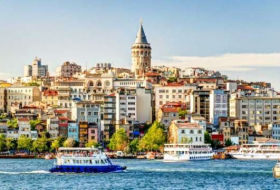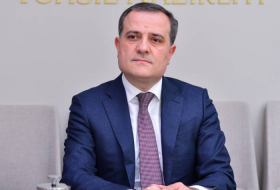‘The reason the Azerbaijan-Armenia peace treaty is regularly postponed is the interest from many outside actors in resolving the problem apart from the main two stakeholders’, says Ruslan Shevchenko, Moldovan political analyst, and a Doctor of History, in his interview to AzVision.az. The conflict resolution, meanwhile, has already arrived at its final stage, he adds.
‘Azerbaijan sees no obstacles for signing the deal. In Yerevan, both Pashinyan and his colleague Alen Simonyan, chairman of the Armenian parliament, have expressed readiness to recognize the territorial integrity of Azerbaijan within the Soviet borders, including Karabakh that is.
- Why do the tensions continue then?
‘The Armenian opposition is using recognition of Karabakh as a part of Azerbaijan as an opportunity for political gain, while portraying Pashinyan and his supporters as scoundrels who betrayed Armenian lands and campaigning to halt the deal. Most Armenians, even the government supporters, understand the bitter reality – the need to forget about Karabakh. However, the Armenian church, which has been neutral on the issue until now, acts in support of the revanchists: several priests strongly oppose the peace agreement and call Pashinyan a "traitor" for wanting to sign the deal. Considering great influence of the church on the Armenian society, it would be a great risk for any politician to ignore the religious stance. This has forced Pashinyan to delay the agreement once again and consider the public sentiments along with the ‘My Step’ alliance.’
- How does the international situation affect the prospects of a peace deal?
‘The international situation surrounding the peace process between Azerbaijan and Armenia does not seem supportive. Pashinyan is under pressure from France amid the weakening of Russian influence in the South Caucasus. Paris, which gained influence in Armenian political circles by benefiting from the revanchist mood of a certain part of the population, has no interest in the settlement of the conflict. Their interests lie in boosting intelligence in the region and selling more weapons to Armenia to restart the conflict.
Official Baku has exposed French spies infiltrating the country, while the French government chooses to neglect the warnings. Yet another wave of anti-Azerbaijani provocations has engulfed France. The ruling elite, under the strong influence of the radical Armenian diaspora, shows no intentions to compromise when it comes to Azerbaijan.’
- What about the Russian position in the process?
‘Postponing the peace deal is convenient for Russia. Putin and his supporters are aware that the deal will translate to a "death sentence" for Russia's influence in Armenia. Therefore, they continue inciting the opposition in Armenia in hopes that the dissatisfied society will banish Pashinyan from the political scene. Despite several failed attempts, Moscow continues to push this agenda. Their influence over a certain portion of the Armenian society seems indestructible for now.
The third opposer of the Azerbaijan-Armenia peace treaty is the ruling Democratic Party of the United States. The Armenian lobby traditionally has a strong influence on this party, who views Baku as an enemy and cannot accept Armenia's defeat, trying to keep the conflict blaze aflame until the opportunity arises to make new territorial claims against Azerbaijan. This is one of the major reasons why Azerbaijan-USA ties have been colling.’
- When is the agreement expected to be signed?
‘It seems Pashinyan will need some time to convince his people and, particularly, the church to sign a peace agreement with Azerbaijan. Considering 2024 will be an election year in many countries, including the USA, Russia, and some EU states, it is likely that Azerbaijan and Armenia will wait until the situation becomes indisputable before taking further steps. Most likely, the deal will not be inked earlier than late 2024, maybe even later.’
More about: #peacedeal #Azerbaijan #Armenia
















































